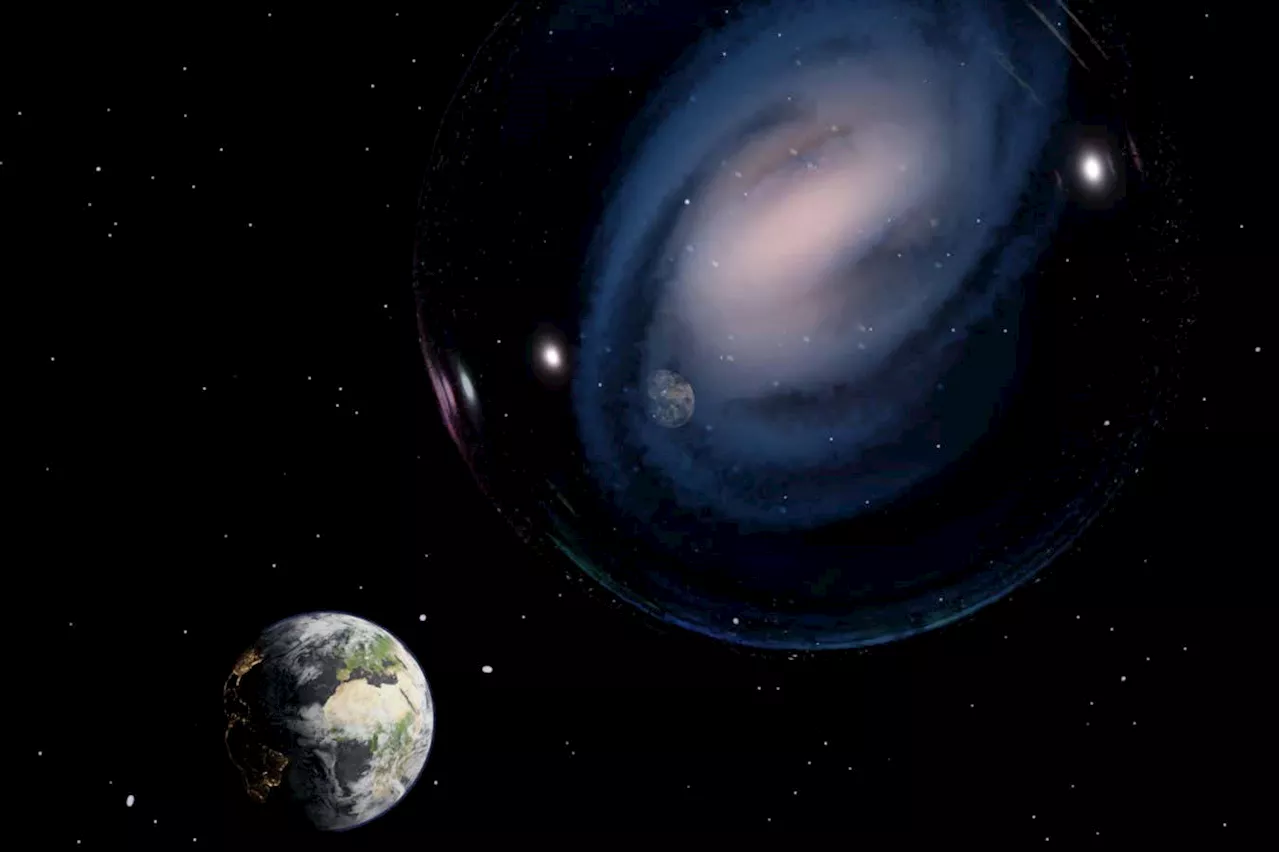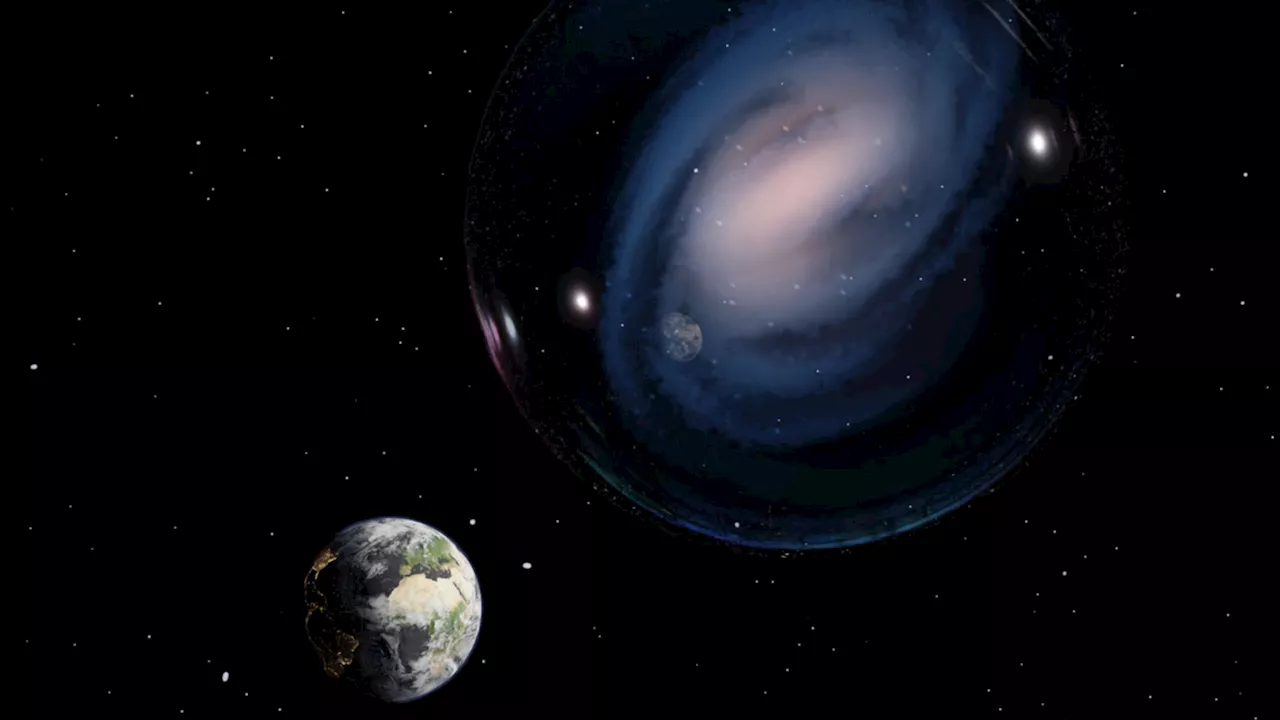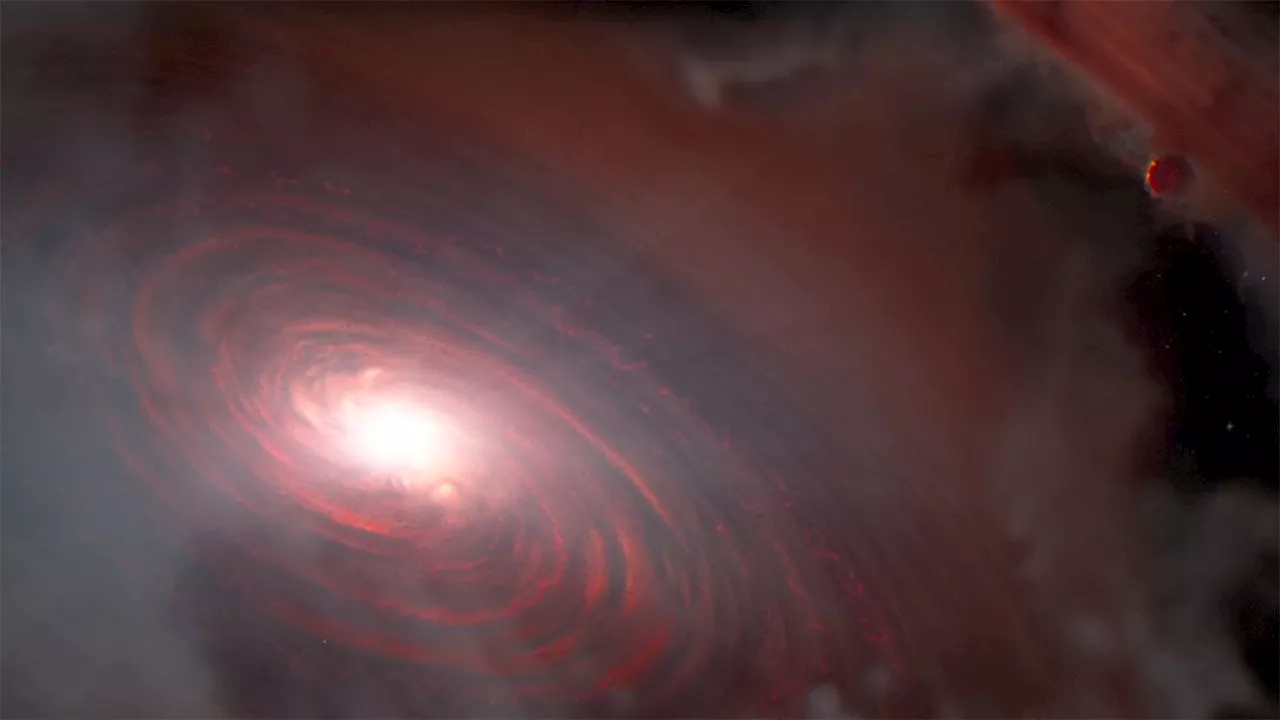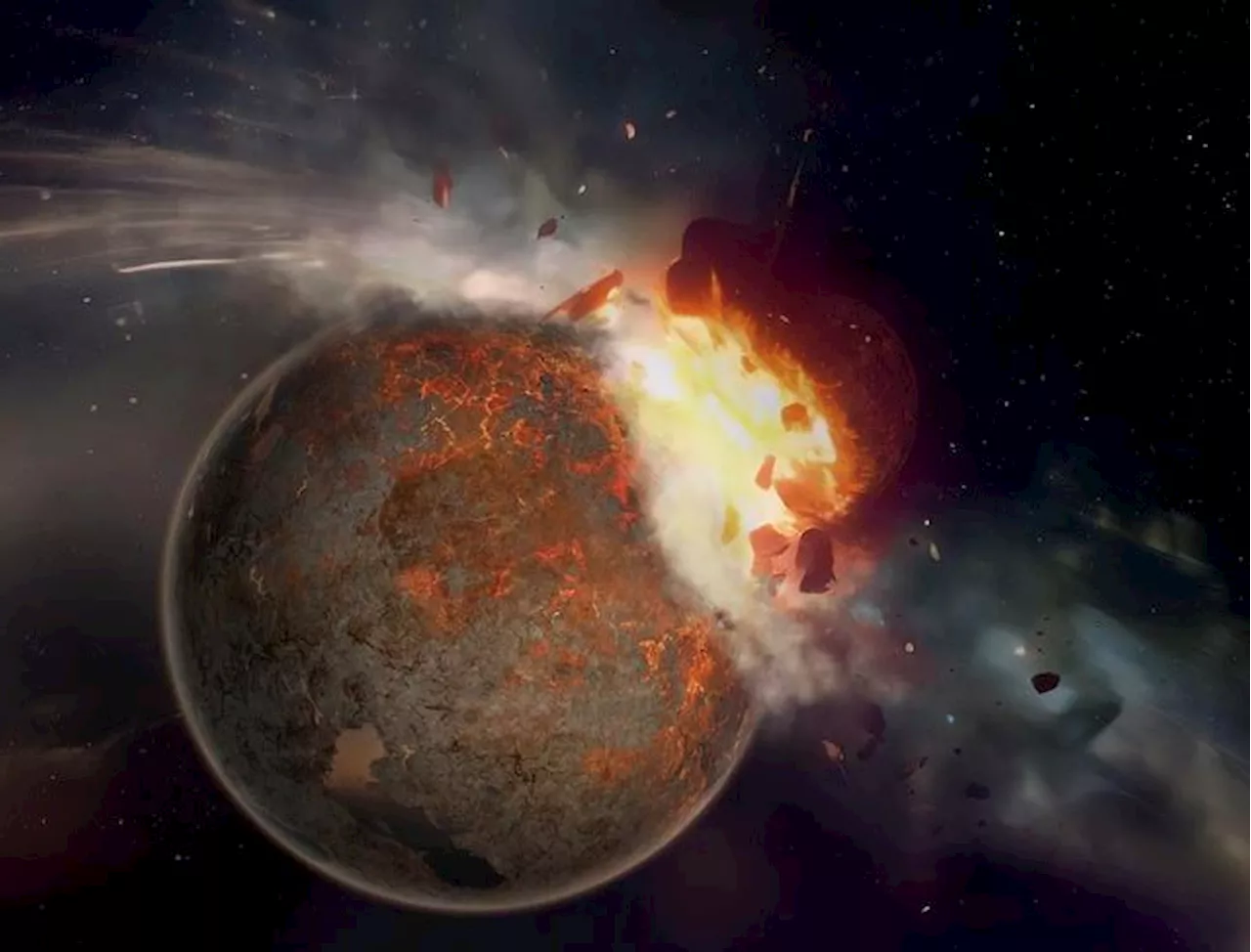Briley Lewis (she/her) is a freelance science writer and Ph.D. Candidate/NSF Fellow at the University of California, Los Angeles studying Astronomy & Astrophysics. Follow her on Twitter @briles_34 or visit her website www.briley-lewis.com.
The oldest continents in our galaxy may have arisen 5 billion years before Earth’s, new research suggests — and that means there may be multiple worlds in the Milky Way harboring alien life even more advanced than our own.
This line of thought led Jane Greaves, an astronomer at Cardiff University astronomer in the U.K., to answer the question: When did the first continents appear on a planet in our galaxy? Turns out, two exoplanets' continents — and perhaps life — may have arisen four to five billion years before Earth's.
Continents form due to plate tectonics, the movement of plates of rock that float atop the molten innards of a planet. Heat from a planet's core keeps that magma from hardening and halting continents' movement. That heat comes from radioactive elements — like uranium-238, thorium-232, and potassium-40 — in the planet's core, which give off energy as they decay.
France Dernières Nouvelles, France Actualités
Similar News:Vous pouvez également lire des articles d'actualité similaires à celui-ci que nous avons collectés auprès d'autres sources d'information.
 Distant Milky Way-like galaxy is older than we thought possibleThe most distant Milky Way-like galaxy ever seen – a barred spiral galaxy – has been spotted by the James Webb Space Telescope and it is more than 11 billion years old
Distant Milky Way-like galaxy is older than we thought possibleThe most distant Milky Way-like galaxy ever seen – a barred spiral galaxy – has been spotted by the James Webb Space Telescope and it is more than 11 billion years old
Lire la suite »
 James Webb Space Telescope reveals most distant Milky Way galaxy doppelgangerSharmila is a Seattle-based science journalist. She found her love for astronomy in Carl Sagan's The Pale Blue Dot and has been hooked ever since. She holds an MA in Journalism from Northeastern University and has been a contributing writer for Astronomy Magazine since 2017. Follow her on Twitter at skuthunur.
James Webb Space Telescope reveals most distant Milky Way galaxy doppelgangerSharmila is a Seattle-based science journalist. She found her love for astronomy in Carl Sagan's The Pale Blue Dot and has been hooked ever since. She holds an MA in Journalism from Northeastern University and has been a contributing writer for Astronomy Magazine since 2017. Follow her on Twitter at skuthunur.
Lire la suite »
 NASA’s space telescope spots a milky way twin from the early universeInteresting Engineering is a cutting edge, leading community designed for all lovers of engineering, technology and science.
NASA’s space telescope spots a milky way twin from the early universeInteresting Engineering is a cutting edge, leading community designed for all lovers of engineering, technology and science.
Lire la suite »
 James Webb Space Telescope detects clues about how Earth formed billions of years agoKeith Cooper is a freelance science journalist and editor in the United Kingdom, and has a degree in physics and astrophysics from the University of Manchester.
James Webb Space Telescope detects clues about how Earth formed billions of years agoKeith Cooper is a freelance science journalist and editor in the United Kingdom, and has a degree in physics and astrophysics from the University of Manchester.
Lire la suite »
 Those Who Brave the Greatest Tarmac Rally on EarthOur man on the other side of the pond, Mike Duff lives in Britain but reports from across Europe, sometimes beyond. He has previously held staff roles on U.K. titles including CAR, Autocar, and evo, but his own automotive tastes tend toward the Germanic: he owns both a troublesome 987-generation Porsche Cayman S and a Mercedes 190E 2.5-16.
Those Who Brave the Greatest Tarmac Rally on EarthOur man on the other side of the pond, Mike Duff lives in Britain but reports from across Europe, sometimes beyond. He has previously held staff roles on U.K. titles including CAR, Autocar, and evo, but his own automotive tastes tend toward the Germanic: he owns both a troublesome 987-generation Porsche Cayman S and a Mercedes 190E 2.5-16.
Lire la suite »
 Pieces of Another Planet Are Embedded Deep Within Earth, Scientists ClaimMany experts believe that Earth likely collided with a small planet not long after Earth's formation. Now a team has proposed that huge sections of planet Theia remain pooled in the Earth's mantle.
Pieces of Another Planet Are Embedded Deep Within Earth, Scientists ClaimMany experts believe that Earth likely collided with a small planet not long after Earth's formation. Now a team has proposed that huge sections of planet Theia remain pooled in the Earth's mantle.
Lire la suite »
